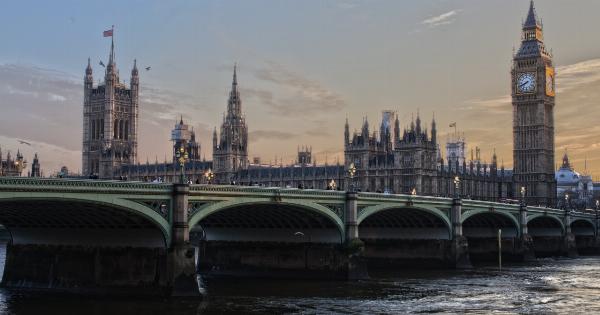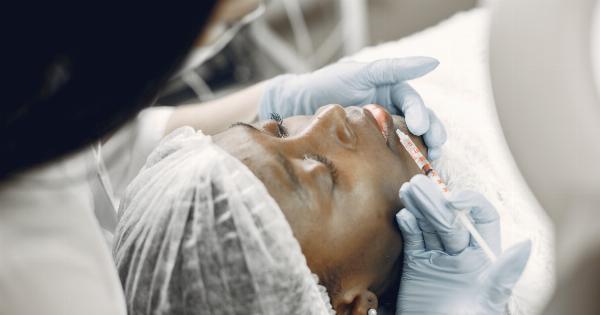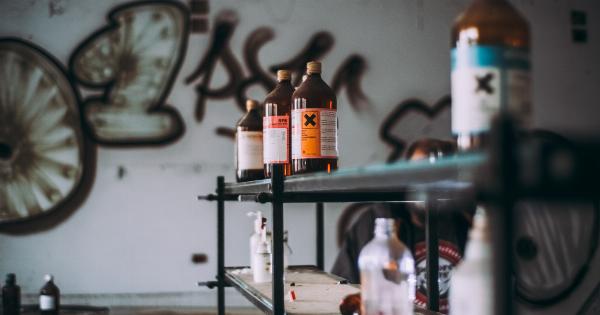A group of experts in the cosmetic surgery industry are calling for stricter rules on procedures in the UK. This comes after a recent rise in botched procedures and unregulated treatments.
The current state of the UK cosmetic industry
Currently, anyone can perform non-surgical cosmetic procedures, such as Botox injections or dermal fillers, without any specific training. This has led to an influx of unqualified individuals offering treatments at discounted rates.
In addition, many individuals are travelling overseas for cheap surgery, often without knowledge of the qualifications or regulations of the practitioner.
This lack of regulation has resulted in a rise in botched procedures and complications. According to the British Association of Aesthetic Plastic Surgeons (BAAPS), the number of incidents of botched procedures has increased by 70% in the past year.
These incidents have resulted in disfigurement, infection, and in rare cases, even death.
The call for stricter regulations
The experts in the cosmetic surgery industry are calling for stricter regulations to prevent botched procedures and ensure the safety of patients. One of the recommendations is for all practitioners to have a license to practice.
This license would require training and qualifications to ensure the practitioner is competent in offering cosmetic procedures.
In addition, the experts are calling for tighter regulations for advertising of cosmetic procedures. Currently, many advertisements for cosmetic treatments are misleading or outright false.
These advertisements often use overly edited photos, false claims, and testimonials to lure in unsuspecting patients.
Furthermore, the experts suggest limiting access to cosmetic procedures for vulnerable groups, such as those with mental illnesses or body dysmorphia.
These groups are often more susceptible to the dangers of cosmetic procedures and may not fully understand the risks involved.
The benefits of stricter regulations
Stricter regulations in the cosmetic surgery industry would have numerous benefits for both patients and practitioners. Firstly, it would increase patient safety by ensuring that only qualified individuals perform procedures.
This would reduce the risk of complications and botched procedures.
Secondly, stricter regulations would help to eliminate the prevalence of misleading advertisements.
Patients would be better informed about the risks and benefits of cosmetic procedures, allowing them to make more informed decisions about their treatment.
Thirdly, stricter regulations would help to improve the reputation of the cosmetic surgery industry. Currently, the industry is plagued by negative perceptions due to the prevalence of unregulated and unsafe treatments.
Stricter regulations would help to change this perception and enhance the credibility of the industry.
Conclusion
The call for stricter regulations in the UK cosmetic surgery industry is a step in the right direction. It is important to ensure the safety of patients and eliminate the danger of botched procedures.
Stricter regulations would also help to improve the reputation of the industry and better inform patients about the risks and benefits of cosmetic treatments.




























